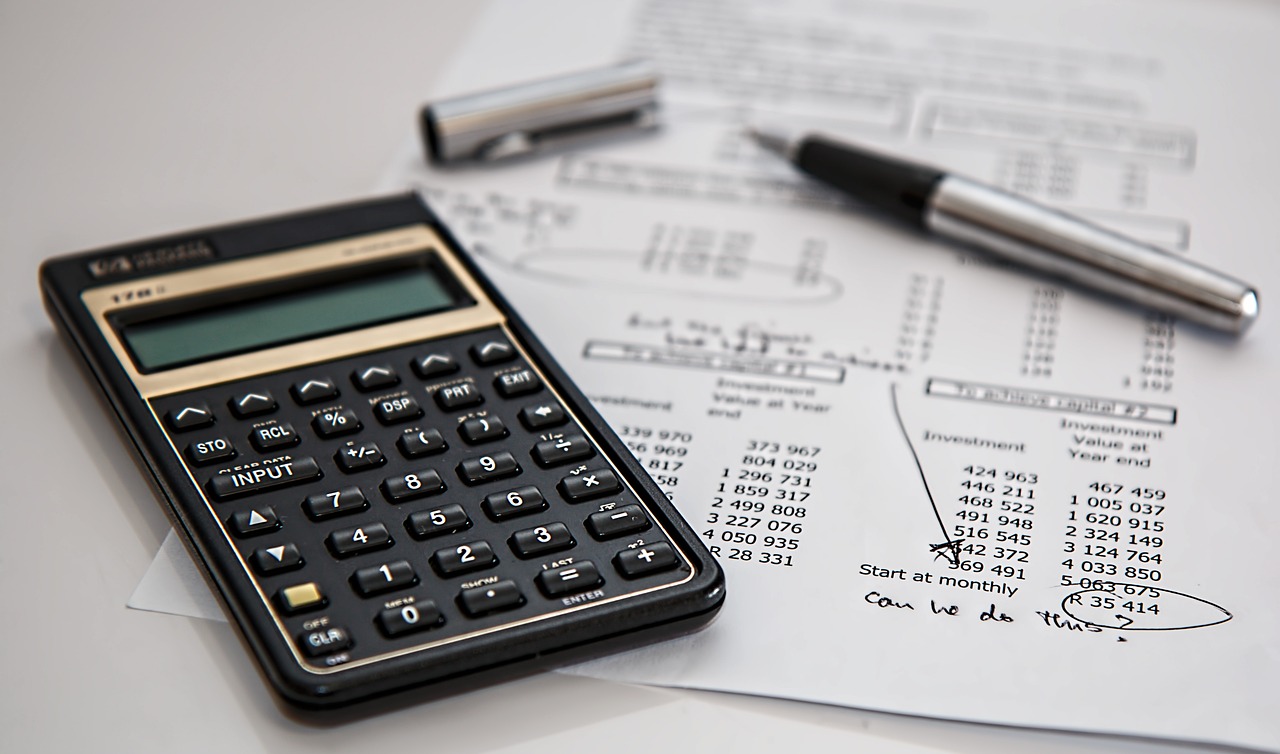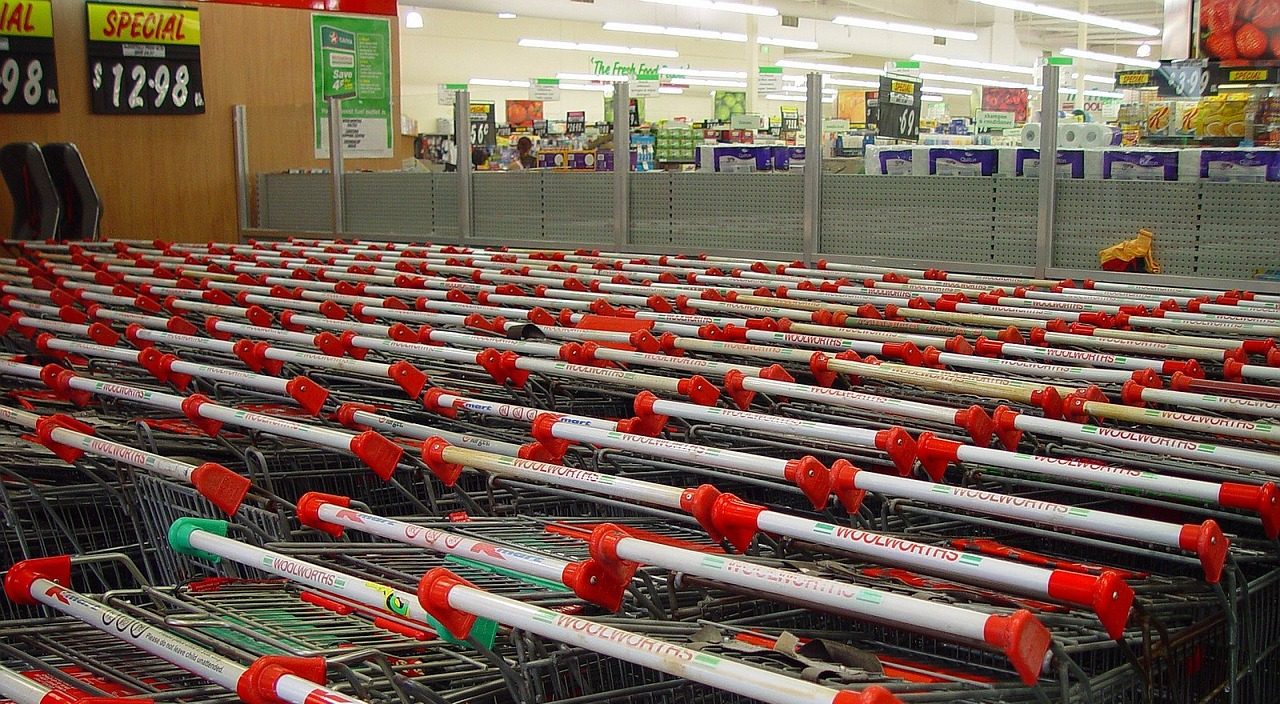
Notably, Hungary's trade continues to be heavily reliant on EU Member States.Continue reading

August retail sales in Hungary showed significant growth, with a 4.1% increase month-on-month and 0.8% year-on-year, raising hopes for a potential recovery in consumer spending. This growth marks the eighth consecutive month of rising consumption, driven by improving economic conditions, reports Világgazdaság.
Despite this positive development, analysts remain cautious, debating whether this represents a lasting trend or a temporary uptick. Public caution is easing, but there are still questions about how sustainable the growth will be in the coming months.
Earlier in 2024, retail sales had consistently underperformed, even as real wages rose. This gap between income growth and spending had raised concerns about weak consumption.
However, as Gábor Regős, Chief Economist at Gránit Fund Management, explained, the August sales figures are now closer to the growth rates that should be expected with the 9-10% increase in real wages seen throughout the year. This suggests that the retail sector may finally be catching up with the improved financial conditions of households.
Consumption growth in Hungary is largely being driven by rising real wages. As Hungary Today reported, average earnings for full-time employees rose by 15.2% year-on-year in July 2024, providing a substantial boost to household purchasing power. Pension increases have also played a role, with a 6% nominal rise at the beginning of the year translating into a real increase of around 2%. Additionally, a pension top-up due in November will further elevate retirees’ incomes, giving them more disposable income compared to last August.
Wages have grown faster in the lower brackets, further fueling consumption, particularly among lower-income households.
Despite this domestic growth, foreign online shopping continues to impact the retail landscape. In the second quarter of 2024, the value of foreign online purchases made with domestically issued payment cards rose by 22% year-on-year, reaching over HUF 105B (EUR 283.5M). The growing appeal of foreign e-commerce platforms, due to their convenience and competitive prices, has contributed to slower growth in the non-food sector, where sales rose just 2.9% year-on-year and declined slightly by 0.3% month-on-month in August.
The Ministry for National Economy (NGM) noted the steady growth in retail sales, attributing it to 11 months of rising real wages and low inflation. In a recent statement, the NGM reaffirmed its commitment to ensuring fair competition in the retail sector, with ongoing consumer protection measures and an online price monitoring system.
Looking ahead, the NGM expects that cautious consumer behavior will continue but foresees further recovery in retail sales, which, alongside a strong tourism sector, will support economic expansion.
While retail sales are on an upward trajectory, driven by higher wages and pensions, the extent to which this translates into domestic consumption versus foreign online purchases will be crucial in determining the long-term impact on Hungary’s economy.
Via vg.hu; Featured Image: Pixabay